In these words of wisdom from Hannah Tennant-Moore, we learn that the precepts or the Mindfulness Trainings are not formulas for absolute virtue. Every single one of them, whether we are talking about the Five Mindfulness Trainings or the Fourteen Mindfulness Trainings of the Order of Interbeing, is relative and depends on what is happening in the present moment. Tennant-Moore calls this, experiential ethics.
The Five Mindfulness Trainings are Zen Master Thich Nhat Hanh‘s interpretation of the precepts for the modern world in the twenty-first century. They retain the flavor of the original teachings while clarifying how to study, practice, and observe them well.
The Fourteen Mindfulness Trainings of the Order of Interbeing extend the Five Mindfulness Trainings for practitioners who want to commit their meditation practice and activities to the greater good.
Both of these are taught with the spirit that we do our very best every moment of our lives.
 |
||
|---|---|---|
|
||
Practicing the training and cultivating the mind of awareness opens our hearts, develops compassion and loving kindness, and helps us realize the insight of interbeing. Interbeing is a word Thich Nhat Hanh invented to express the interconnectedness of all things. He says, “To be is to inter-be,” and
Hamlet said: “To be or not to be, that is the question.” We can see that he was caught by these notions. But according to this teaching, “to be or not to be”, is not the question. Because reality is beyond the notion of being or non-being, birth or death, coming or going. Where do we come from and where do we go to? Those are philosophical questions. But if we understand suchness then we know that we don’t come from anywhere and we don’t go anywhere.
Are you willing to undertake the practicing of the trainings? Please read the Five Mindfulness Trainings. Which one gives you the most problem?
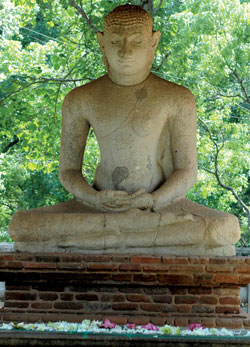


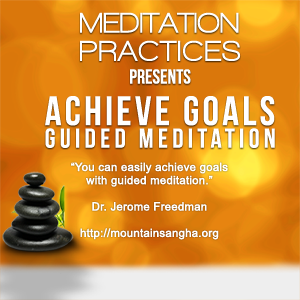
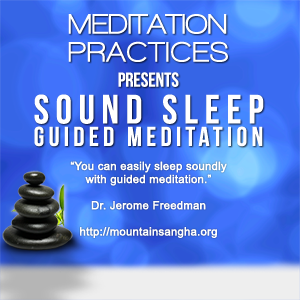




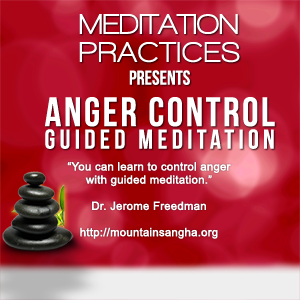

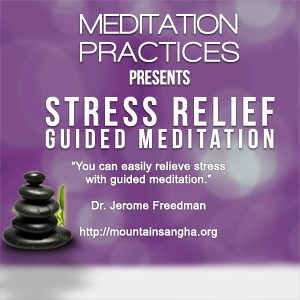
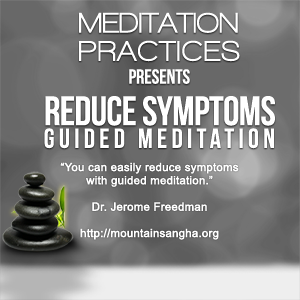

You must be logged in to post a comment.